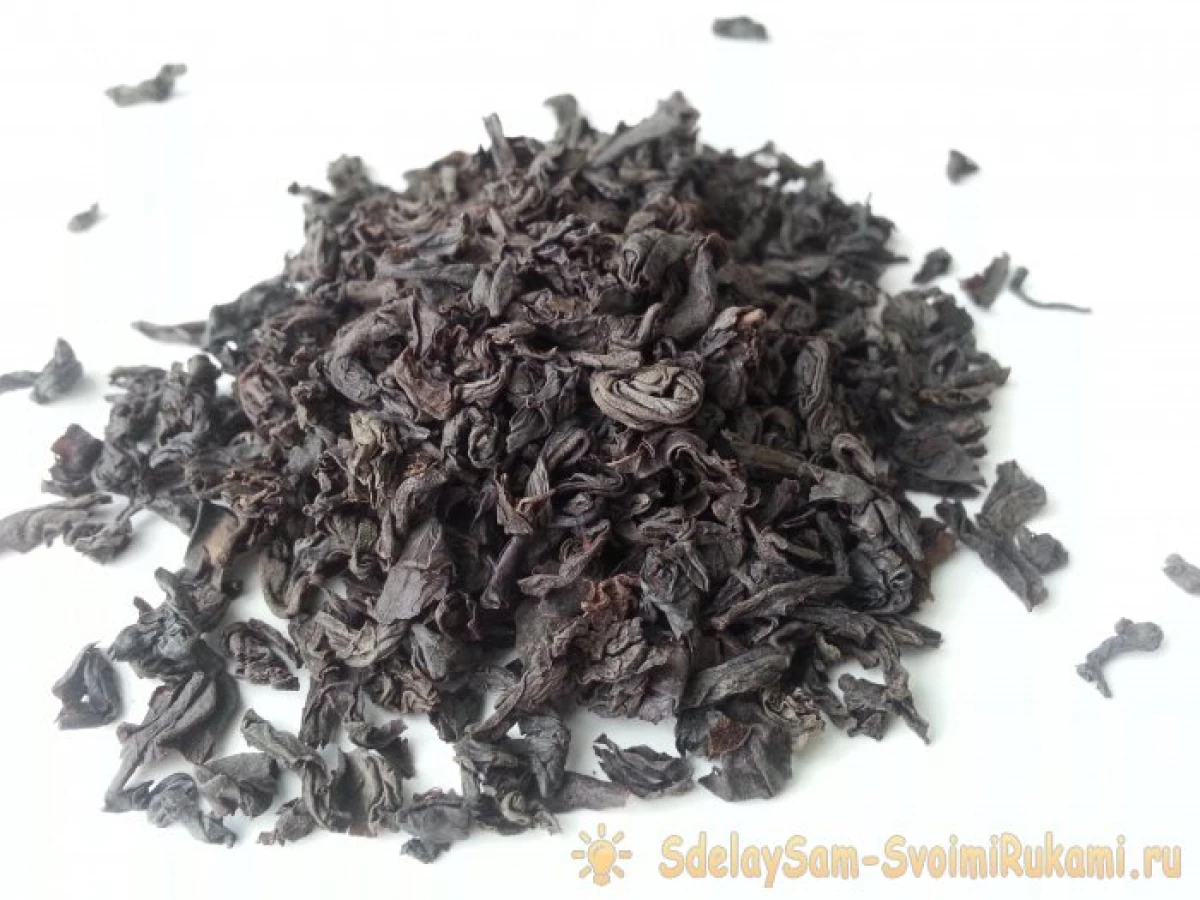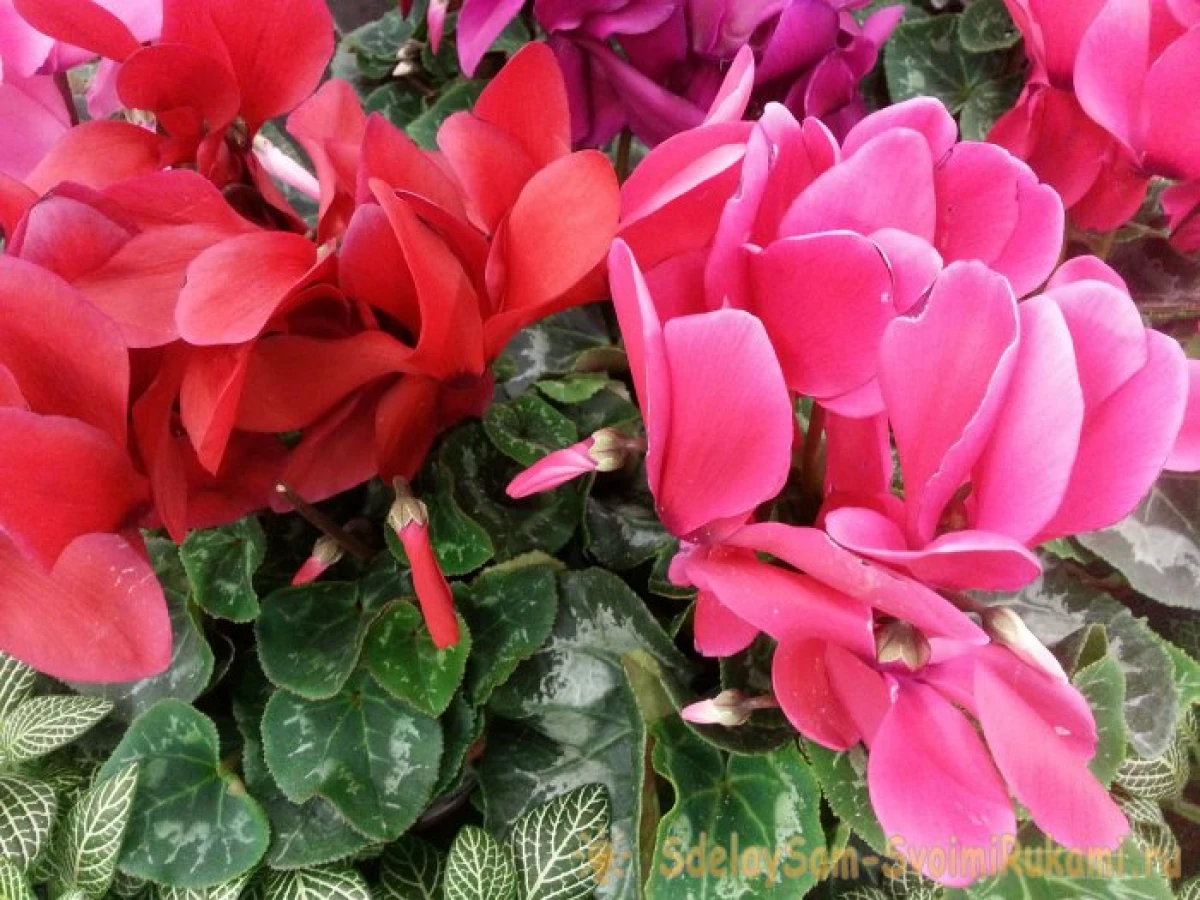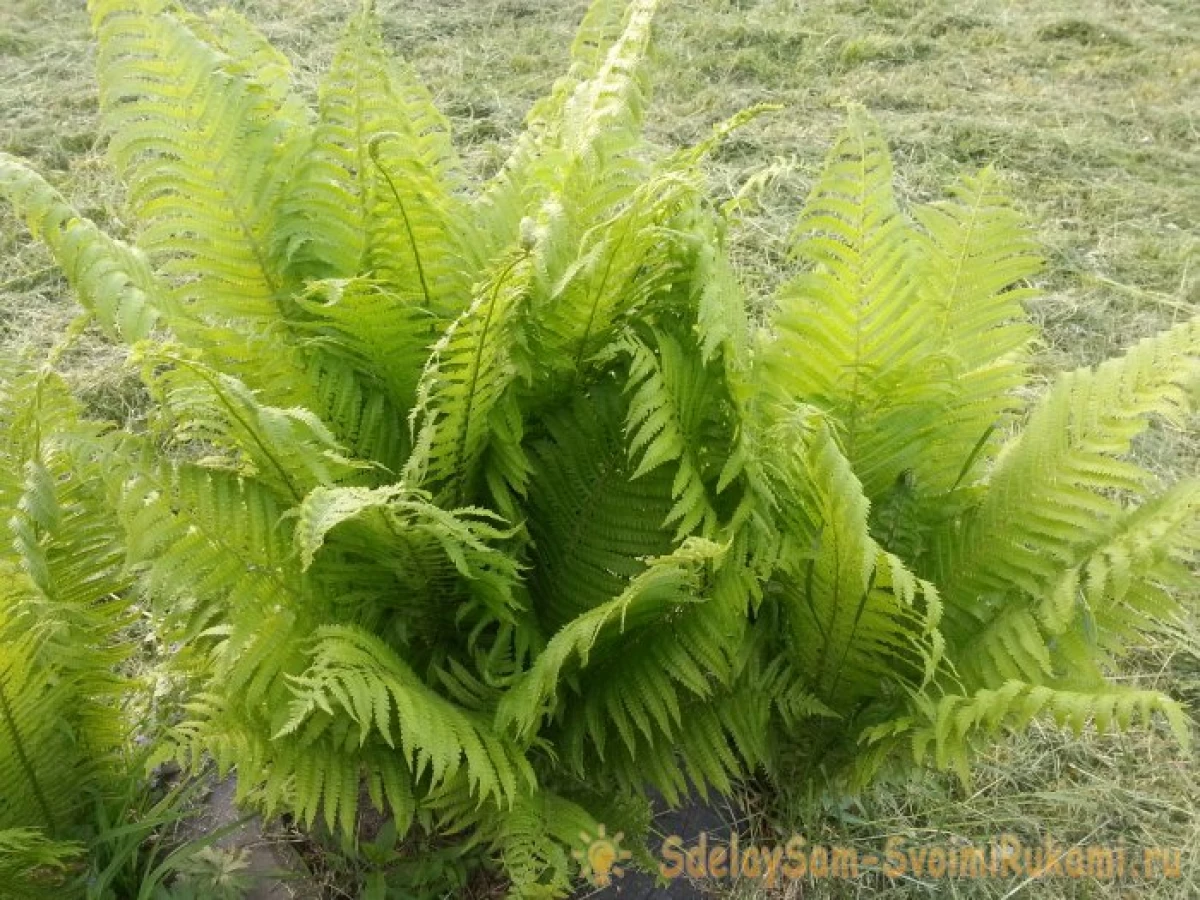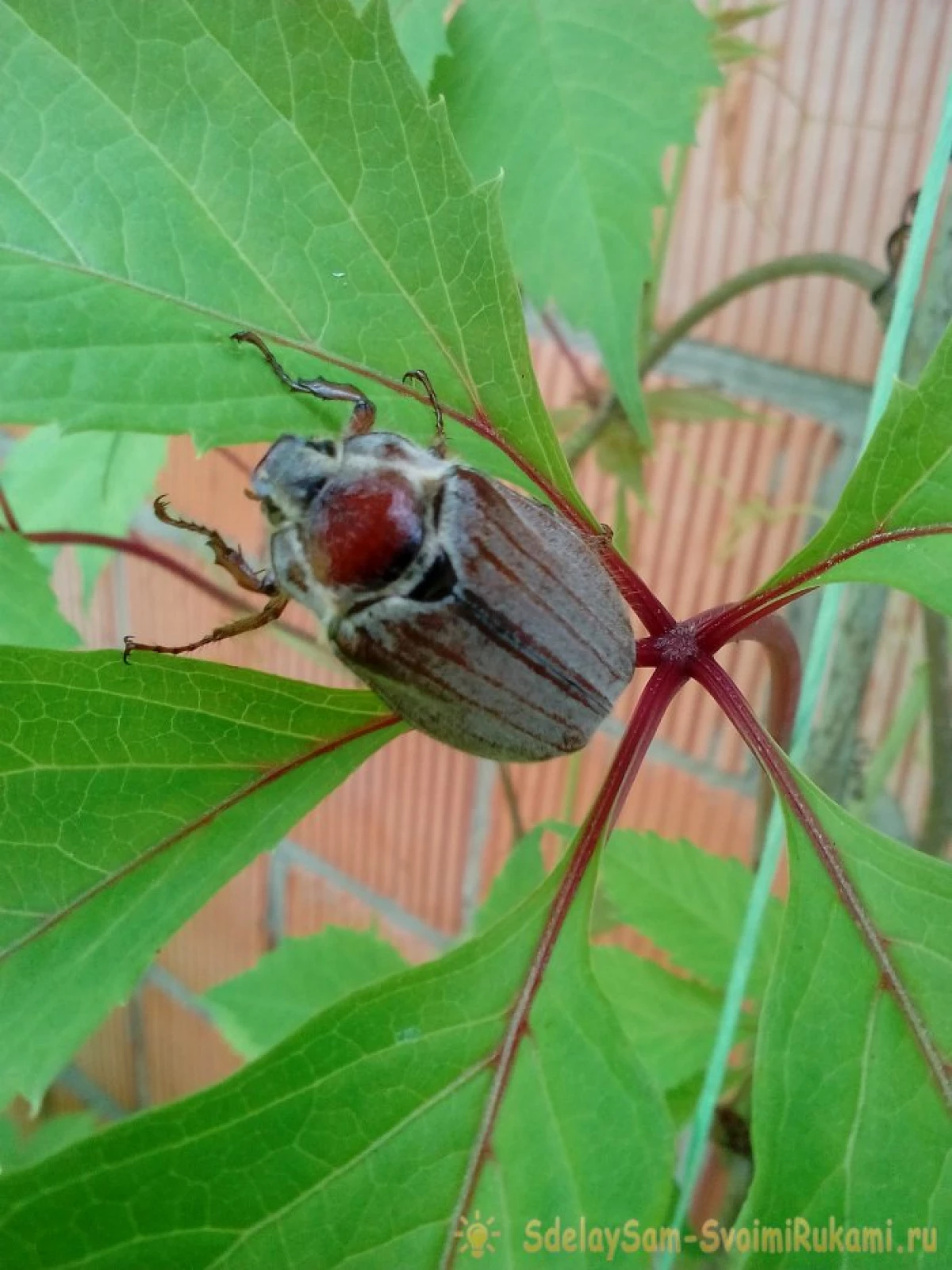In recent years, environmental fertilizer is becoming increasingly popular, that is, the use of old, proven and, above all, much more secure methods of feeding. We have a lot of opportunities and natural resources that are suitable for this purpose and one of them is a welding that remains after coffee or tea. And although the coffee thickness is already quite well known and willingly used, tea is much more likely in the trash can simply because we do not know what to do with it.

What useful for plants is contained in tea brew?
As you know, tea is the dried leaves of plants, so they are successfully used for organic feeding. The main ingredient of welding - theine, which is not much acidified with the soil, since its pH is partially neutralized by calcium ions present in the soil (black tea is more sour, so it is better suited for acidophilic plants). Ingredients, tea welding also contains many other ingredients such As, for example, organic acids, essential oils, proteins, tannins, macro- and microelements (including nitrogen, phosphorus, potassium, fluorine, calcium, iron, magnesium, zinc), and therefore it is ideal as a natural fertilizer.How to use welding at home and in the garden?
1. You can mix the dried welding with the substrate or put the pot on the bottom. When adding to the soil, it not only feeds the plants, but also contributes to the formation of humus and helps maintain moisture.

2. Welding can also be poured with warm water, leave for several hours, and then pour the plants with the resulting liquid. Such a natural fertilizer will suit the majority of plants grown in the apartment and prefer a neutral or weakly acidified substrate, as well as those who love humid and permeable soil, permanent humidity.

3. You can also use welding in the garden. If you burn it into the ground next to the roots of garden plants, which will certainly contribute to their better growth and development. Tea will also improve the soil structure and help maintain an optimal level of humidity. As at home, it is also well suited for growing various plants, but are especially recommended for fertilizers of species that prefer slightly wet, rich in humus and organic substances substrates (for example, ferns and hydrangea) .4. In addition to the soil enrichment with minerals and organic substances, tea welding due to the essential oils contained in it is able to scare pests and insects, which will not be happy to the sharp odor. Tea can also increase plant resistance to diseases.

5. Welding can be an excellent addition to the compost, as it accelerates the formation of humus and biomass decomposition. You can add it both in a bulk form (sheet teas, granulated tea) and in the used tea bags (but only provided that the packages are made not from plastic, but natural raw materials: paper, cotton, cellulose).
What tea can be used, and what should I avoid?
- Do not add to compost or plants with welding of sweetened tea, because sugar will contribute to the development of pathogenic microorganisms and fungi.
- It should also be remembered that the best is the thick of pure teas: black, white or green. The most valuable organic substances are contained in tea, which has passed the smallest processing (green, white), and slightly less - in black tea, which in the production process has been fermentation.
- As an organic fertilizer, it is better not to use artificially flavored teas and enriched with substances that improve their taste. All of them may contain the remains of chemical compounds that negatively affect the development of plants.
